Introduction
All schools are supported to be as inclusive as possible, with the needs of pupils with Special Educational Needs and Disabilities (SEND) being met in a mainstream setting wherever possible.
Į±╚š┐┤┴Ž aims to make appropriate provision for children recognised within the four broad areas of SEND need.
ŌĆó Communication and interaction
ŌĆó Cognition and learning
ŌĆó Social, mental and emotional health difficulties.
ŌĆó Sensory and or physical needs.
What is the Local Offer?
The Children and Families Bill was enacted in 2014. From this date Local Authorities (LA) and schools are required to publish and keep under review information about services they expect to be available for children and young people with Special Educational Needs and Disabilities (SEND) aged 0-25. This is the ŌĆśLocal OfferŌĆÖ.
The intention of the Local Offer is to improve choice and transparency for families. It will also be an important resource for parents in understanding the range of services and provision in the local area.
The School Local Offer
This utilises the LA Local Offer to meet the needs of SEND pupils as determined by school policy and the provision that the school is able to provide.
More information about the local offer can be found on
SEND Policies & Documents
Remote Learning for SEND |
You may view our full Special Education and Inclusion Policy by downloading it here. |
You can view our SEN Information Report for 2022-23 by downloading it here. |
The SEN Co-ordinator for Į±╚š┐┤┴Ž is Mrs O. McCourtIf you wish to speak to Mrs McCourt about your child’s special educational needs then please contactYou can see our other SEN staff members further down this page.
|
Our Facilities
Our Facilities
Pupil Support Centre (PSC):
The Pupil Support Centre (PSC) is our main SEN facility. Most of our SEN staff are based here and provide support to students when needed.
Reading Suite:
The reading suite is split across two floors, the lower floor provides a large selection of books and is used for schemes such as early morning reading. The top floor is a breakout area connected to our PSC (see above), this is a calming and relaxing area for students.
Our SEN Team
Our SEN Team:
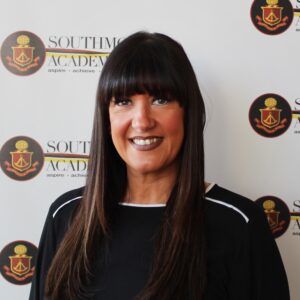
Mrs O. Thompson╠²ŌĆō╠²SENDCo & Safeguarding Lead
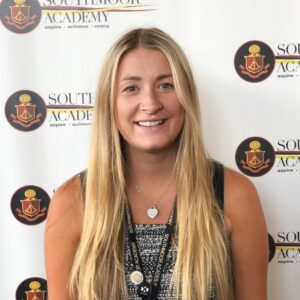
Mrs A. Riddle ŌĆō╠²Deputy SENDC0
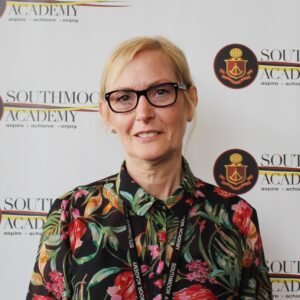
Mrs E. Callaghan ŌĆō Pupil Communication Coordinator
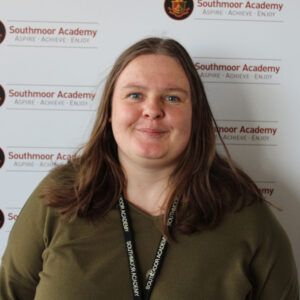
Miss S. Moody ŌĆō Access Arrangements Assessor
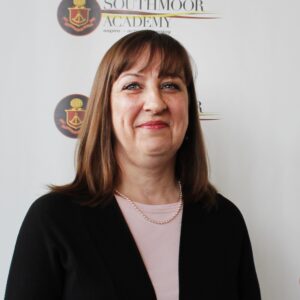
Mrs C. Galloway ŌĆō Learning Support
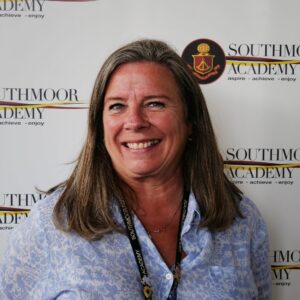
Ms V. Kapeni╠²ŌĆō Learning Support
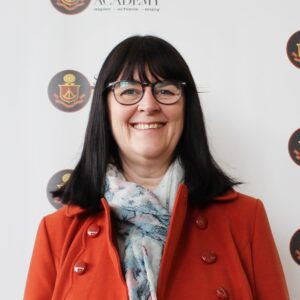
Mrs N. Snaith ŌĆō Learning SupportMrs C. Galloway ŌĆō Learning Support Mr A. Thurlbeck ŌĆō ╠²Learning Support Mr S. Ali ŌĆō Learning Support Roles & Responsibilities
Roles & Responsibilities
Who are the best people to talk to in this school about my childŌĆÖs difficulties with learning/ Special Educational Needs or disability (SEND)?
The Headteacher ŌĆō Mrs J. Maw╠²
Responsible for:╠²
- The day to day management of all aspects of the school, including the support for children with SEND.
- The Headteacher will give responsibility to the SENDCo and class teachers but is still responsible for ensuring that your childŌĆÖs needs are met.
- The Headteacher must make sure that the Governing Body is kept up to date about issues relating to SEND.
The SEND Governor╠²
Responsible for:
- Making sure that the necessary support is given for any child who attends the school, who has SEND.
School contact telephone number:╠²0191 594 9991
School email:╠²info@southmoormat.co.uk
The Class Teacher
Responsible for:
- Checking on the progress of your child and identifying, planning and delivering any additional help your child may need (this could be things like targeted work, additional support, intervention) and letting the Special Education Needs/Disabilities Coordinator (SENDCo) know as necessary.
- Using Personal Support Plans ( PSPs) to formulate subject specific targets. Reviewing these at least once each term and planning for the next term. Personalised teaching and learning for your child as identified on the schoolŌĆÖs provision map.
- Ensuring that the schoolŌĆÖs SEND Policy is followed in their classroom and for all the pupils they teach with any SEND.
The SENDCo ŌĆō Mrs O. Thompson
Responsible for:
- Developing and reviewing the schoolŌĆÖs SEND policy
- Coordinating all the support for children with special educational needs or disabilities (SEND)
- Ensuring that you are
i) involved in supporting your childŌĆÖs learning
ii) kept informed about the support your child is getting
iii) involved in reviewing how they are doing.
- Liaising with all the other people who may be coming into school to help support your childŌĆÖs learning e.g. Speech and Language Therapy, Educational Psychology etc.
- Updating the schoolŌĆÖs SEND register (a system for ensuring that all the SEND needs of pupils in this school are known) and making sure that records of your childŌĆÖs progress and needs are kept.
- Providing specialist support for teachers and support staff in the school so that they can help children with SEND in the school to achieve the best progress possible.
Student Support
Request Student Support
If you have any worries and need to talk anytime then we’re here for you. Speak directly to your learning manager during term time, or use this form below to request support.
Phone numbers:
Name Number Service Childline 0800 1111 This is a free 24 hour helpline for young people in distress or danger. The Samaritans 08457 909090 A free helpline for anyone who wants to talk to someone anonymously for support. One Point 03000 26 11 16 You can phone for advice or arrange to meet someone to talk about your problems.
Useful Links
Useful Links
Resources for SEND Resources for Autism Resources for the Deaf Resources for Mental Health & Wellbeing Resources for Dyslexia Resources for the Blind Resources for ADHD More Useful Resources ╠² ╠²
Glossary of the Most Used SEN Terms
Glossary of the Most Used SEN Terms
There are many SEN terms that are abbreviated which can lead to confusion. Below is a glossary of the most used SEN terms.
Term Definition ADD Attention Deficit Disorder ADHD Attention Deficit & Hyperactivity Disorder ASD Autistic Spectrum Disorder BESD Behavioural Emotional & Social Difficulties BSU Behaviour Support Unit CAF Common Assessment Framework CAMHS Child & Adolescent Mental Health Service COP Code of Practice CP Child Protection EAL English as an Additional Language EP Educational Psychologist FSM Free School Meals HI Hearing Impairment IEP Individual Education Plan KS Key Stage LAC Looked After Child LEA Local Education Authority MLD Moderate Learning Difficulty NC National Curriculum ODD Oppositional Defiance Disorder OT Occupational Therapist PEP Personal Education Plan PSC Pupil Support Centre PSP Pastoral Support Programme SaLT Speech & Language Therapy SEN Special Educational Needs SEND Special Educational Needs & Disability SENDCO Special Educational Needs Co-ordinator SpLD Specific Learning Difficulty VI Visual Impairment





